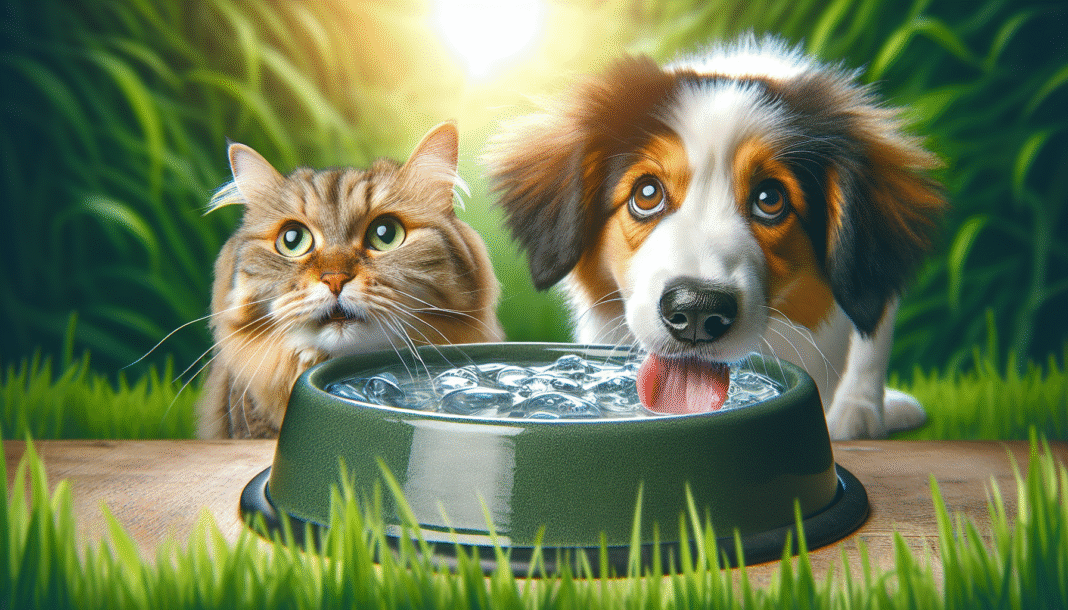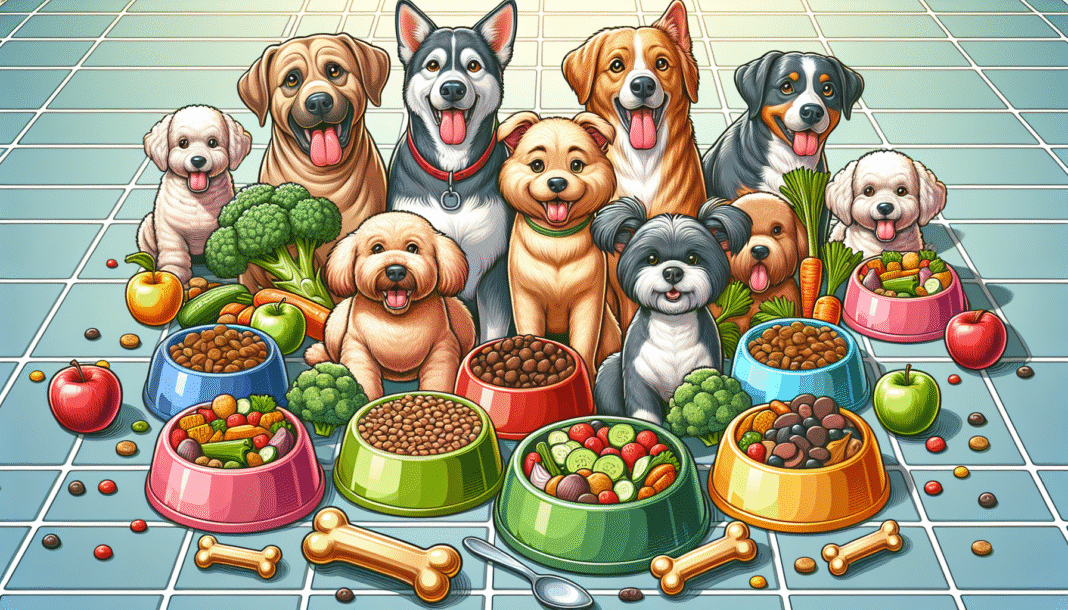As pet owners, we often focus on nutrition, exercise, and regular veterinary visits, but one vital aspect of our pets’ health often gets overlooked: hydration. Just like humans, pets require adequate water to thrive. This article explores the crucial reasons why staying hydrated is essential for your pet’s health and well-being, along with practical tips to keep their water intake optimal.
Understanding the Importance of Hydration
1. Supports Vital Body Functions
Water plays a pivotal role in almost every bodily function. From regulating body temperature to aiding digestion and facilitating nutrient absorption, hydration is crucial. Pets need sufficient hydration to maintain their physical and mental health.
Example: A dog consuming dry kibble will need more water to facilitate proper digestion and nutrient absorption compared to one eating wet food.
2. Prevents Dehydration
Dehydration occurs when a pet loses more fluids than it takes in. This can lead to severe health issues such as kidney problems, urinary tract infections, and even shock. Pets may become dehydrated due to various reasons like hot weather, illness, or excessive exercise.
Symptoms of Dehydration:
- Dry gums
- Excessive panting
- Lethargy
- Loss of skin elasticity
Pets should always have access to fresh, clean water, especially in warmer months or after vigorous play.
Recognizing Signs of Dehydration
3. Monitoring Hydration Levels
As a responsible pet owner, it’s essential to recognize the signs of dehydration. Keep an eye out for:
-
Skin Elasticity Test: Gently pinch the skin on the back of your pet’s neck. If it doesn’t return to normal quickly, your pet might be dehydrated.
-
Behavioral Changes: Increased lethargy or unusual behavior can be indicative of dehydration.
4. Regular Health Monitoring
Regular vet check-ups can help monitor hydration levels, especially in senior pets or those with chronic health issues, making these visits crucial in detecting and preventing dehydration.
Tips for Maintaining Optimal Hydration
5. Ensure Access to Fresh Water
It may seem straightforward, but ensuring your pet can access plenty of fresh water is vital. Clean their water bowl daily to prevent bacteria buildup and encourage your pet to drink more.
6. Incorporate Wet Food into Their Diet
If your pet tends to drink less water, consider adding wet food to their diet. Wet food contains considerable moisture, helping to boost their overall fluid intake.
7. Use Pet Water Fountains
Many pets prefer running water to still water. Investing in a pet water fountain can encourage your pet to drink more throughout the day, keeping them hydrated and healthy.
8. Create a Drinking Routine
Encourage your pet to drink water after playtime or meals. Establishing a routine can help them associate specific activities with hydration.
The Impact of Proper Hydration on Pets’ Health
9. Enhances Kidney Function
Proper hydration is crucial for kidney health. Kidneys help filter waste and maintain electrolyte balance. Sufficient water intake helps prevent the formation of crystals and stones, reducing the risk of urinary tract problems.
10. Aids in Digestion
Water aids digestion by helping break down food and facilitating the absorption of nutrients. A well-hydrated pet is more likely to digest their food correctly and maintain regular bowel movements.
11. Regulates Body Temperature
Hydration helps regulate body temperature. When pets get too hot, they rely on sweating and panting to cool down, processes that require sufficient fluid levels to be effective.
Staying Hydrated During Stress or Illness
12. Encouraging Water Intake During Illness
Pets may not drink as much water when they are sick. In such cases, try offering ice chips or using a syringe (without a needle) to administer small amounts of water. If your pet refuses to drink, consult your veterinarian.
13. Monitor After Exercising
Always ensure your pets are hydrated after exercise, especially in warm weather. After a long walk or play session, provide water immediately to help replenish lost fluids.
Practical Hydration Solutions
14. Flavoring Water
Some pets might be more inclined to drink water if it’s more flavorful. A little bit of low-sodium chicken or beef broth mixed into their water can entice them to stay hydrated.
15. Use Hydration Supplements
In some cases, hydration supplements designed for pets can help ensure your furry friends are getting enough fluids. Consult with your veterinarian to choose safe options suited for your pet’s needs.
Conclusion
Maintaining proper hydration is a key element of your pet’s overall health and well-being. By understanding the importance of hydration and adopting practical strategies to encourage it, you can significantly enhance your pet’s quality of life. Pay attention to their water intake, recognize signs of dehydration, and be proactive in ensuring they stay hydrated. Your furry friend will thank you for it!





